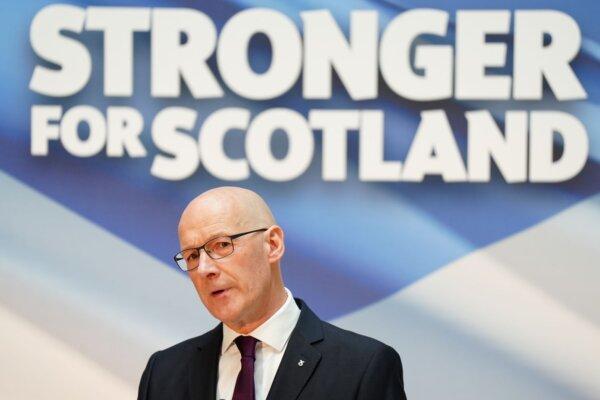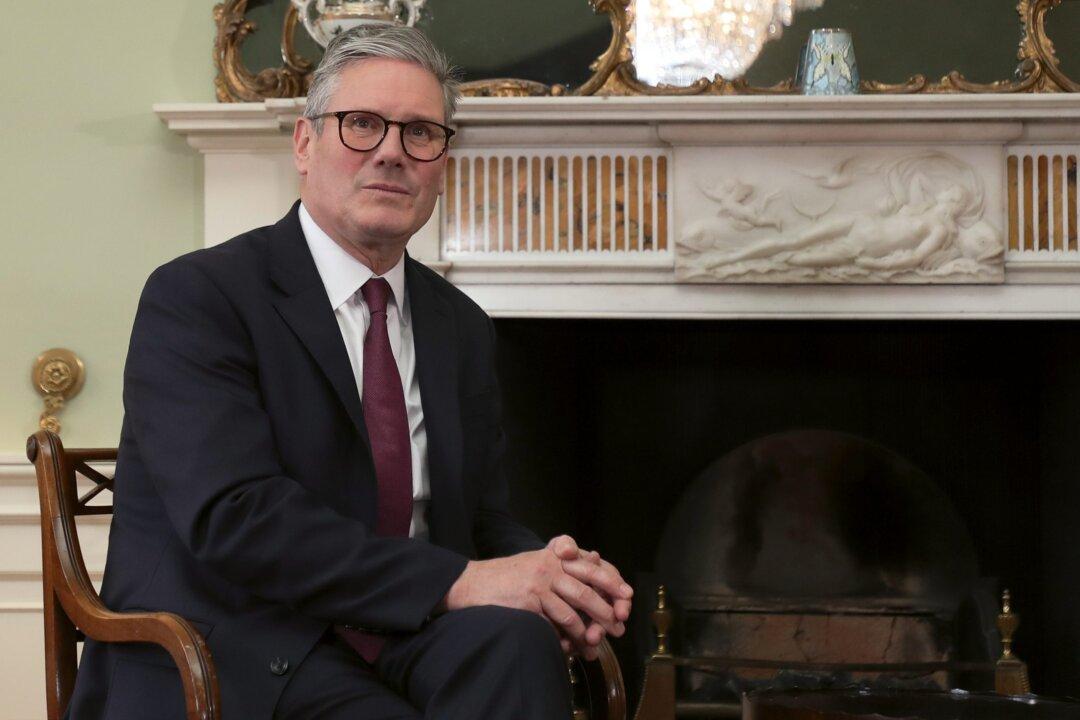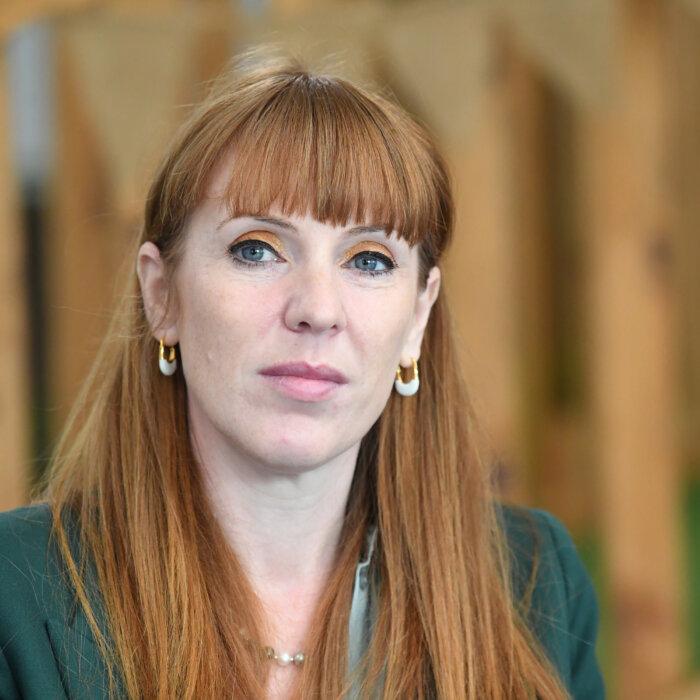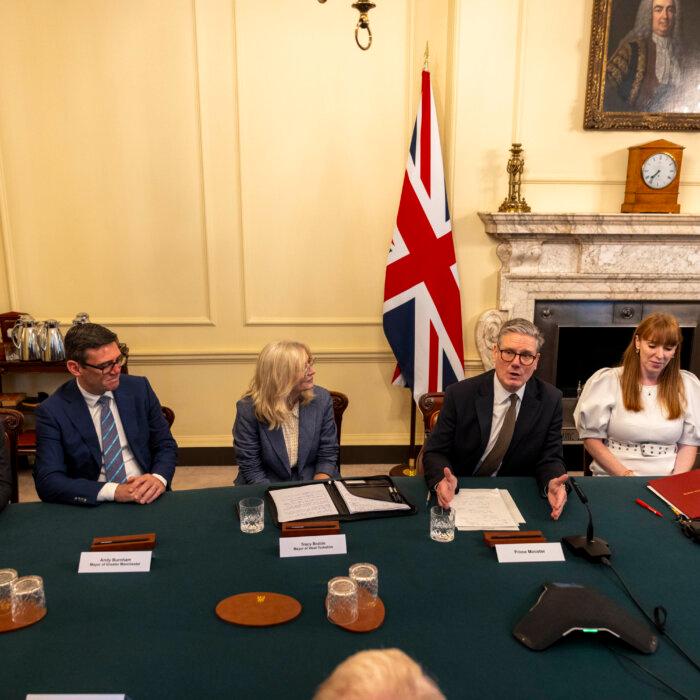Prime Minister Sir Keir Starmer has confirmed he will establish a new Council of the Nations and Regions, which will involve the first ministers of the three devolved administrations in Scotland, Wales, and Northern Ireland as well as elected regional mayors.
The planned body will replace the joint ministerial councils which brought ministers from Edinburgh, Cardiff and Belfast together with UK Government ministers.
It is intended to provide a platform for more localised discussion and decision-making on issues affecting the four nations and various regions of the UK, following Labour’s promise of a “devolution revolution.”
Starmer said that under the previous Conservative government, then-Prime Minister Rishi Sunak “didn’t bother turning up” to such meetings, and instead sent then chancellor of the Duchy of Lancaster Michael Gove to deputise for him.
The prime minister said that this new organisation would be a “a proper council,” and revealed he had discussed his plans with Scottish First Minister John Swinney when they met in Edinburgh shortly after Labour won the general election in July.
‘Reset’ Relationship
He added, “A proper council, where Scotland is properly represented by the first minister in a formal setting with me and the other first ministers, meeting on a regular basis, where we can look at challenges and opportunities together.”The prime minister stressed again Labour’s desire to “reset the relationship” between the UK government and the pro-independence Scottish administration.
Starmer said, “Yes there are political differences between the two governments but I want to work to deliver for Scotland with anybody who will work with me in that endeavour.”
His comments came as Pat McFadden, the new chancellor of the Duchy of Lancaster, said the prime minister had set out to “bring responsibility for intergovernmental relations back into the centre of government.”
McFadden acknowledged there were “political differences” between the SNP government at Holyrood and the Labour one at Westminster, but said he hoped they could develop a “respectful relationship.”
He said he and Swinney had had a formal introductory call—although the pair have known each other for four decades.
McFadden told reporters, “It’s a small world, I have known the first minister for many many years, in fact almost 40 years ago we shared the same dishwashing job in a Mexican restaurant in Edinburgh, Viva Mexico.”
He added: “If you set out trying to have a respectful relationship that is a good place to start and we will see if that’s possible—that’s what I would like to do.”
Scotland’s Constitution Secretary Angus Robertson said: “We look forward to more details on the formation of the council and welcome the opportunity for a reset in relations between the UK and Scottish governments.
“The Scottish Government is ready to work with the new UK Government to agree a collaborative, cooperative approach to intergovernmental relations, which respects devolution and all of the powers of the Scottish Parliament.”
Former Tory Prime Minister David Cameron had proposed that combined authority mayors sit within an “English Cabinet of Mayors” giving them the opportunity to share ideas and represent their regions at national level, but the idea was quietly dropped.
Labour included its proposal for the regional council in its 2024 election manifesto, although full details of how often the new body will meet and the extent of its decision-making powers are yet to be announced.

‘Hoarded Power’ Over Regions
In her first letter local council leaders last month, Deputy Prime Minister Angela Rayner urged regions without devolved power to “partner with the government to deliver the most ambitious programme of devolution this country has ever seen.”Rayner wrote that, “ For too long, Westminster has hoarded power and held back towns, cities, and villages across the country from achieving their true potential.”
The government said previously in a statement that Greater Manchester is a region where “devolution has existed for the longest and powers are deepest” was an example of how localism promoted through Metro Mayors could bring economic benefits to areas outside of London.
The Council of Regions and Nations will bring together the prime minister, the first ministers of Scotland and Wales, the first and deputy first minister of Northern Ireland, and the mayors of combined authorities. New mayors established through this process would be eligible to sit on the Council of Nations and Regions, the government said.
Labour also pledged to introduce so-called “local growth plans” across the country, where mayors will be asked to identify local specialisms, and contribute to work on a national industrial strategy.







